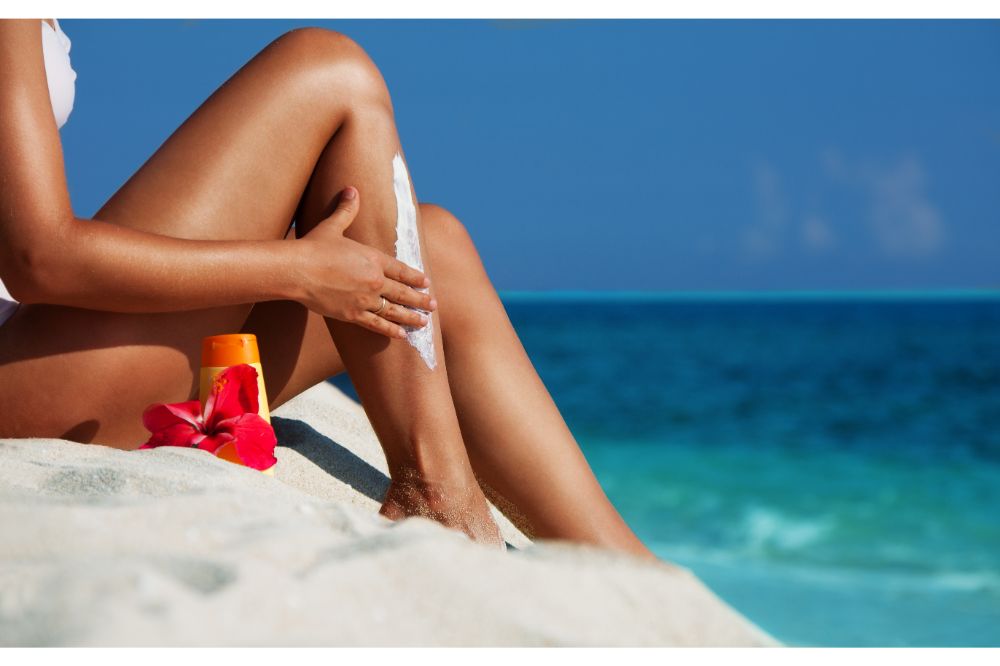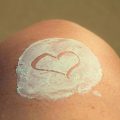When you get ready for summer, often for many, that means getting a good tan. Though the sun is dangerous, many people still choose to do this the old-fashioned way by laying it out. But over the last several decades, the truth about the dangers has made this method challenging.
After all, who wants to lay out to get that sun-kissed glow and have to worry about skin cancer? To mitigate this danger, many people look to sunscreen to help for a little protection. However, many questions arise over whether sunscreen prevents you from getting that tan.
In this article, we will look at that and everything you need to know about your tan and that sunscreen.
Sunscreen – Is it Really That Important?
The sun on your skin feels nice, and there are some health benefits that your body receives from it. You will get a healthy dose of vitamin D, but along with that comes some health concerns as well. There is a reason that your parents and adults in your life constantly pestered you about applying that sunscreen.
The rays of the sun, though warm and nice, also come with harmful UV rays. These rays can damage your skin, cause skin cancer and, on a less scary level, give you one heck of a burn! This is because the rays come in two different types.
The least offensive of the two is the UVB. These are the shorter rays that cause you to burn. The other form is UVA, and these are the rays that cause premature aging of the skin and are the culprit when it comes to skin cancer.
Because of these dangers, sunscreen is a vital part of any daily skin regimen. It helps filter out those rays and reduce your exposure to the damaging rays of the sun.
Does Sunscreen Prevent You from Tanning?
To answer this question, you have to understand how sunscreen works. The chemicals used in the sunscreen form a thin layer of protection that decreases your skin's exposure to UV rays. This is done in one of two ways – some will absorb it, and others reflect them.
Those sunscreens that use physical reflectors like zinc oxide are designed to reflect the rays away from the skin. But there are also sunscreens that use chemicals like octisalate, which will absorb the rays instead of reflecting them. There is a third option, though – broad spectrum.
Broad-spectrum sunscreens actually combine both types of molecules. By utilizing both these molecules, these sunscreens can protect the skin from both UVA and UVB rays. That is why in order to have the widest range of protection, it is always best to invest in a broad-spectrum sunscreen.
No matter what type of sunscreen you use, though, you have to pay attention to the SPF rating, which basically translates to the amount of time it takes for your skin to begin to redden from the rays of the sun.
Most of the time, no matter the SPF levels, there are still a certain amount of UVB rays that may get through. Because of this, that means that, yes, you can utilize sunscreen when tanning; it just may take a little bit longer to get to the color you're looking for.

To Apply or Not to Apply: That is the Question
So the ultimate question is should you apply sunscreen when attempting to tan, or should you not. Sunscreen will make the process of tanning take a bit longer but not wearing the sunscreen can actually lend itself to much bigger problems.
Though there are two major types of rays, there is a third ray that is less discussed. This ray, known as UVL, is not blocked by any sunscreens. These rays then make their way to your skin and, in essence, encourages your pigment to help try to protect itself.
So the choice to apply or not apply is really up to you. Most doctors would suggest wearing some form of sunscreen to help reduce the damaging effects of the other two forms of sun rays.
Just remember, if you choose to use sunscreen, you may have to be a little more dedicated to laying out there, as it will take longer to get to that perfect golden tan.
Tips for Choosing a Sunscreen for Tanning
When you're looking for a sunscreen that you can utilize while tanning, you want to look for a broad-spectrum formula. This sunscreen should be SPF 15 or above, and you have to be dedicated to a proper application process.
By balancing between both protection and tanning, you will be able to reduce the chances of any significant burns or health risks. However, no sunscreen will protect you 100% from either of those two issues.
What About Your Protection?
For those more concerned with actually protecting their skin from damage, you might want some ideas on how to choose a good sunscreen. The first thing you should do is look for a sunscreen that is a broad-spectrum formula. This will help increase the protection capabilities of that sunscreen and help fight against premature aging and skin cancer.
It would be best if you also looked for a sunscreen that is SPF 30 or higher. This will allow the sunscreen to protect you longer. However, even with that lengthier protection time, you still should stick with the suggested re-application process. The process was crafted by physicians and states that you should reapply sunscreen every two hours.
Lastly, you want to look for a water-resistant sunscreen (that doesn't mean it is waterproof!). If you're out in the sun, you're inevitably going to sweat, and most of the time when people enjoy the sun, they're often near some sort of water. Having this ability in your sunscreen will help keep your protection layer intact longer.
Final Thoughts
So does sunscreen prevent you from tanning? The answer is no, but it will extend the process when it comes to the overall time frame. However, making sure you wear sunscreen is super important to maintaining your skin's health, so it may be well worth it.





